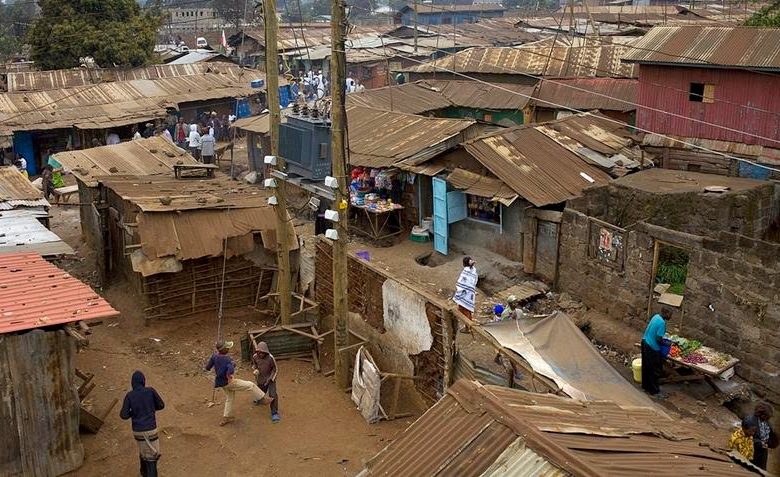With nearly 40 percent of the global population living without safe housing, secure land, or access to clean water and sanitation, the United Nations is sounding the alarm over a mounting crisis that cuts across continents and economies.
According to recent estimates by UN-Habitat, the UN’s agency for urban development, roughly 2.8 billion people worldwide are living in inadequate conditions. Of that number, more than 1.1 billion are packed into informal settlements or slums. At least 300 million more have no permanent shelter at all.
Urban Growth Outpacing Infrastructure
The challenge is especially acute in cities across Africa and the Asia-Pacific, where rapid urban expansion has outstripped investment in housing and basic services. In Africa, around 62 percent of urban homes are classified as informal. In the Asia-Pacific region, over 500 million people live without reliable access to safe water, while more than one billion lack adequate sanitation facilities.
As climate change accelerates, those already on the margins face additional dangers from extreme weather and rising temperatures to water scarcity and public health threats.
Beyond being a basic human right, adequate housing is increasingly recognized as a catalyst for broader development: it underpins health, education, employment, and economic resilience. Experts warn that failure to address this issue risks deepening inequality and slowing progress on global development goals.

Strategic Action at UN-Habitat Assembly
Against this backdrop, delegates from across the globe gathered this week in Nairobi to resume the second session of the UN-Habitat Assembly an international forum focused on shaping the future of cities and human settlements.
“This gathering is a vital opportunity to reflect on the world we are building—and to forge a common path forward,” said Anacláudia Rossbach, Executive Director of UN-Habitat, in her opening address. “The stakes are high, and the time for action is now.”
A central objective of the session is the adoption of the agency’s new Strategic Plan for 2026 to 2029, which places urgent emphasis on expanding access to affordable housing, upgrading informal settlements, and ensuring equitable access to land and services.
The proposed strategy highlights three core impact areas: inclusive prosperity, resilience and recovery, and environmental sustainability. It also calls for deeper collaboration across UN agencies and international partners to accelerate progress toward the Sustainable Development Goals.
The Assembly runs through May 30, with a final decision on the strategic roadmap expected at the close of the session.



